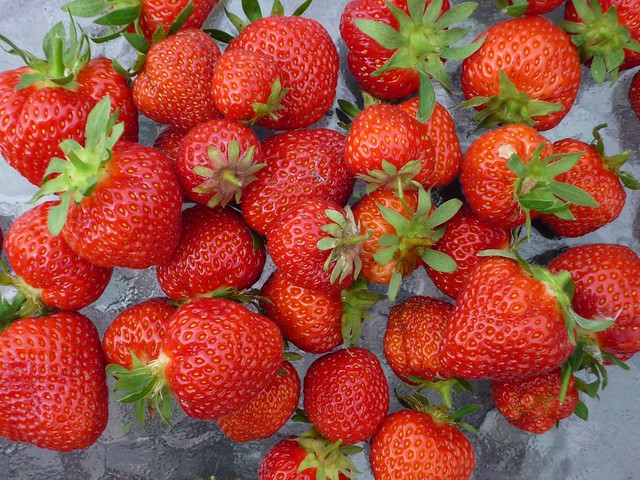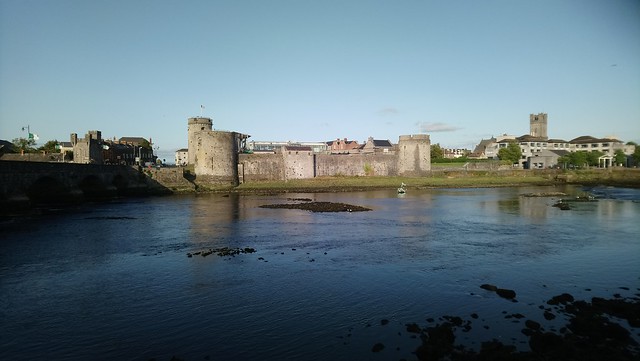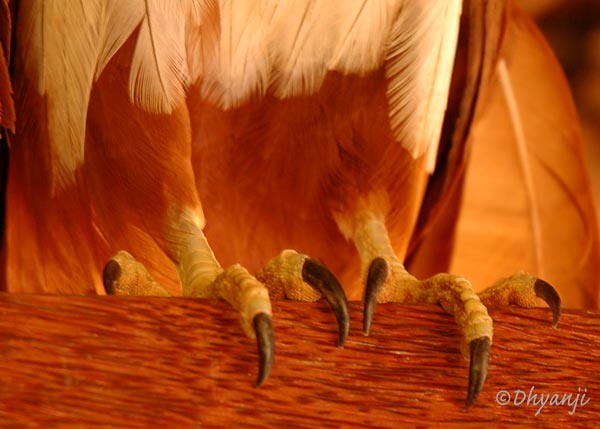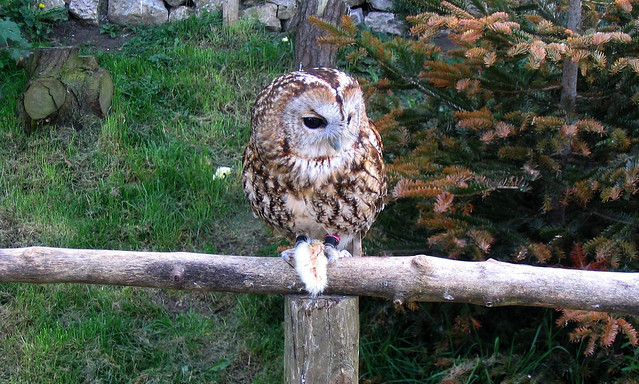Words for sky and heaven in Celtic languages.

| Proto-Celtic |
*nemos = sky, heaven |
| Old Irish (Goídelc) |
nem [n͈ʲeṽ] = heaven, sky, radiance |
| Irish (Gaeilge) |
neamh [nʲavˠ / n̠ʲavˠ / n̠ʲaw] = heaven, sky, firmament
neamhaí [n̪ʲial̪ˠ] = heavenly, celestial; droning, monotonous, apathetic |
| Scottish Gaelic (Gàidhlig) |
nèamh [n̪ʲɛ̃ːv] = heaven; firmament, the skies
nèamhaidh [n̪ʲɛːvɪ] = heavenly, celestial |
| Manx (Gaelg) |
niau = heaven
niauagh = heavenly, celestial
niauoil = divine, heavenly |
| Proto-Brythonic |
*neβ̃ [ˈnɛːβ̃] = heaven, sky |
| Old Welsh |
nem = heaven |
| Middle Welsh (Kymraec) |
new, nym, nef = heaven |
| Welsh (Cymraeg) |
nef [neːv] = heaven, paradise; God, providence; sky, firmament
nef a daear = heaven and earth |
| Old Cornish |
nef = heaven |
| Cornish (Kernewek) |
nev = heaven |
| Old Breton |
nem = heaven |
| Middle Breton |
neff = heaven |
| Breton (Brezhoneg) |
neñv [ˈnẽ(w)] = sky, heaven |
Etymology: from the Proto-Indo-European *nébʰos (cloud, mist, moisture) [source].
| Middle Irish (Gaoidhealg) |
spéir [ˈsˠkamˠəl̪ˠ] = sky, |
| Irish (Gaeilge) |
spéir [spʲeːɾʲ] = sky, air; airiness, brightness, light; sphere, circle, orbit
spéirbhean = beautiful woman, fair lady (‘sky-woman’)
spéirghealach = ‘sky-brightness’, starry light
spéirghlan = clear-skied
spéirghorm = sky-blue
spéirléas = skylight |
| Scottish Gaelic (Gàidhlig) |
speur [sbiər] = the sky, firmament, heavens, heights
speur-bhean = beautiful woman (usually in myths)
speur glan = clear skies
speur-eòlas = star-gazery
speur-shiubhal = space travel
bàta-speur = airship
bun-speura = skyline
sgoil-speur = astronomy |
| Manx (Gaelg) |
speyr = sky, climate
speyr-ghorrym = sky-blue, cerulean
speyr-oaylleeaght = aerology
speyr voorjeenagh =angry (sky)
speyr vreck = mackerel sky
corpane speyr(ey) = heavenly body |
| Welsh (Cymraeg) |
sffêr [neːv] = sphere, ball, globe, heavely body, sphere (of the sky) |
| Breton (Brezhoneg) |
sphère, sfer = sphere, globe |
Etymology from the Latin sphēra / sphaera (ball, globe, sphere), from the Ancient Greek σφαῖρα (sphaîra – ball, globe) [source].
| Old Irish (Goídelc) |
aer [ˈa.er] = air, sky |
| Middle Irish (Gaoidhealg) |
aidhéar, aer = air, atmosphere, sky, breath, amusement, sport |
| Irish (Gaeilge) |
aer [eːɾˠ / eːɾˠ] = air, sky, climate, gaiety, pleasure, (musical) air, tune
aerach = airy, light-hearted, gay, lively, frolicsome
aerfort = airport
aerghiotár = air guitar
aertha = light-headed, giddy, simply-minded, silly |
| Scottish Gaelic (Gàidhlig) |
adhar [a.ər] = air, sky, heaven
adharag = light breeze, aerial being
adharail = ethereal, airy, aerial
port-adhair = airport |
| Manx (Gaelg) |
aer [eːə] = aeronautical, air, pneumatic, atmosphere
aerag = aerial, antenna
aeragh = aerated, airy, atmospheric, ethereal
aeroil = airy, jaunty, volatile |
| Proto-Brythonic |
*auɨr = air |
| Middle Welsh (Kymraec) |
awyr [ˈa.uɨ̯r] = air |
| Welsh (Cymraeg) |
awyr [ˈau̯.ɨ̞r, ˈau̯.ɪr] = air, atmosphere, sky, firmament, (the) heavens
awyraidd = aerial, celestial, atmospheric, airy, well-ventilated
awyrell = balloon, airship, vent, ventilation shaft, airway
awyren = aeroplane, aircraft, balloon, meteor, fan
awyrennu = aviation
awyro = to ventilate, air, aerate
maes awyr = airport |
| Middle Cornish (Cernewec) |
ayr, auuit, aer = air, sky |
| Cornish (Kernewek) |
ayr = air
ayrborth = airport
ayrbost = airmail
ayredh = climate
ayrek = aerial
ayrell = ventilator
ayrella = to ventilate
ayrellans = ventilation
ayren = aeroplane |
| Old Breton |
aer = air, strong smell, sky, appearance |
| Middle Breton (Brezonec) |
aer, ær, ear, éér = air, strong smell, sky, appearance |
| Breton (Brezhoneg) |
aer [ɛʁ] = air
aeraer = ventilator, aerator
aerañ = to ventilate, aerate
aerlu = airforce |
Etymology: from the Latin āēr (air), from the Ancient Greek ᾱ̓ήρ (āḗr – mist, air, wind, space, volume), from the Proto-Hellenic *auhḗr (morning mist), from the Proto-Indo-European *h₂ewsḗr, from *h₂ews- (dawn, east) [source].
Words from the same PIE root include east, Easter, aura, aurora and Australia [source].
| Middle Welsh (Kymraec) |
wybr, ybrev = air |
| Welsh (Cymraeg) |
wybr [ʊɨ̯br, ʊi̯br] = sky, firmament, heaven, cloud, cataract
wybraf, wybro, wybran = to wander (aimlessly), rove, look up at the sky
wybraidd = pertaining to the sky or firmament, celestial, aerial. cloudy
wybrwr, wybrydd = astronome, astrologer, traveller, wanderer, vagabond, rover
wybryddiaeth = astronomy, astrology, meteorology |
| Old Cornish |
huibren = sky, firmament |
| Middle Cornish (Cernewec) |
ebron, ybron, ybbern = sky, firmament |
| Cornish (Kernewek) |
ebron = sky |
| Old Breton |
noabreen = sky, cloud |
| Middle Breton (Brezonec) |
oabr = sky, cloud |
| Breton (Brezhoneg) |
oabl [ˈwɑːpl] = sky, cloud |
Etymology: unknown
Words marked with a * are reconstructions.
Sources: Wiktionary, Am Faclair Beag, Online Manx Dictionary, Teanglann.ie, eDIL – Electronic Dictionary of the Irish Language, In Dúil Bélrai English – Old Irish glossary, Geiriadur Prifysgol Cymru, Gerlyver Kernewek, Gerlyvyr Cernewec, Dictionaire Favereau, TermOfis, Le dictionnaire diachronique du breton, Geriafurch, English – ProtoCeltic WordList (PDF), Etymological Dictionary Of Proto Celtic















